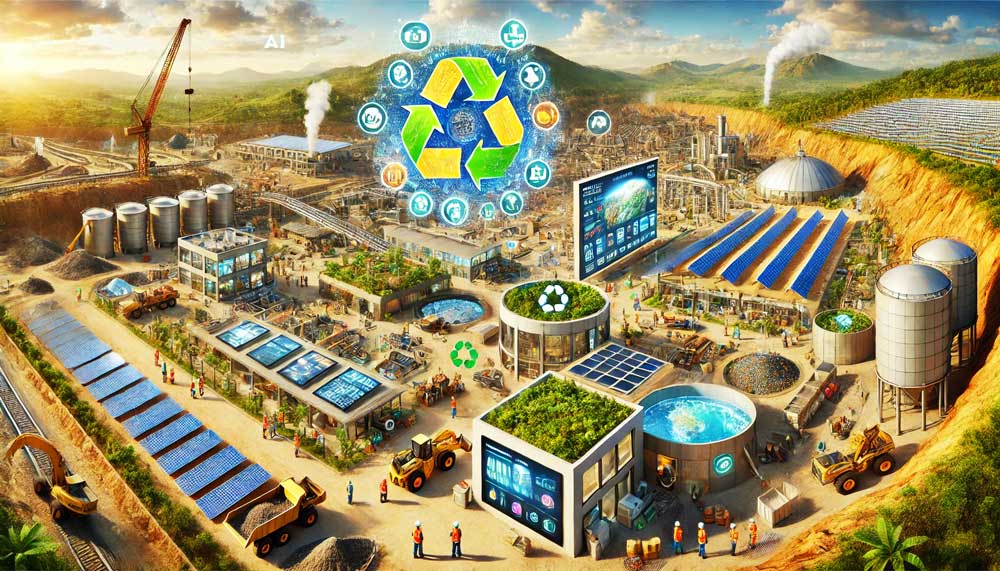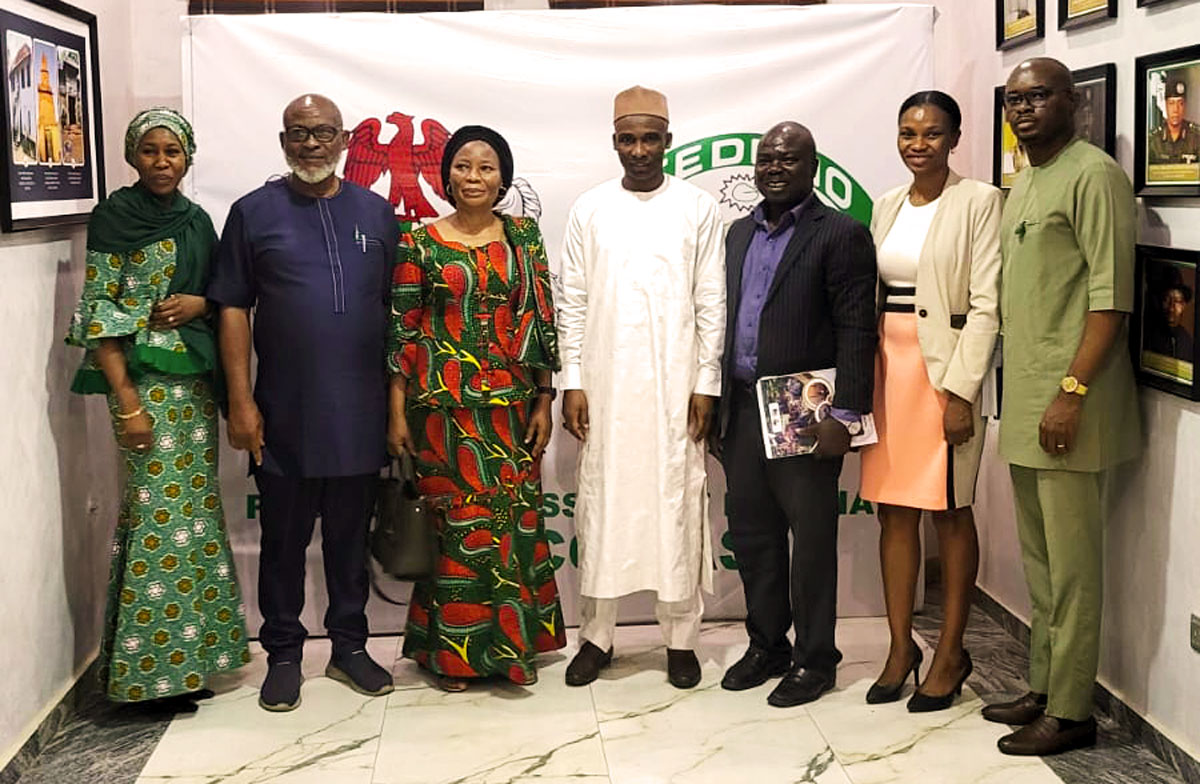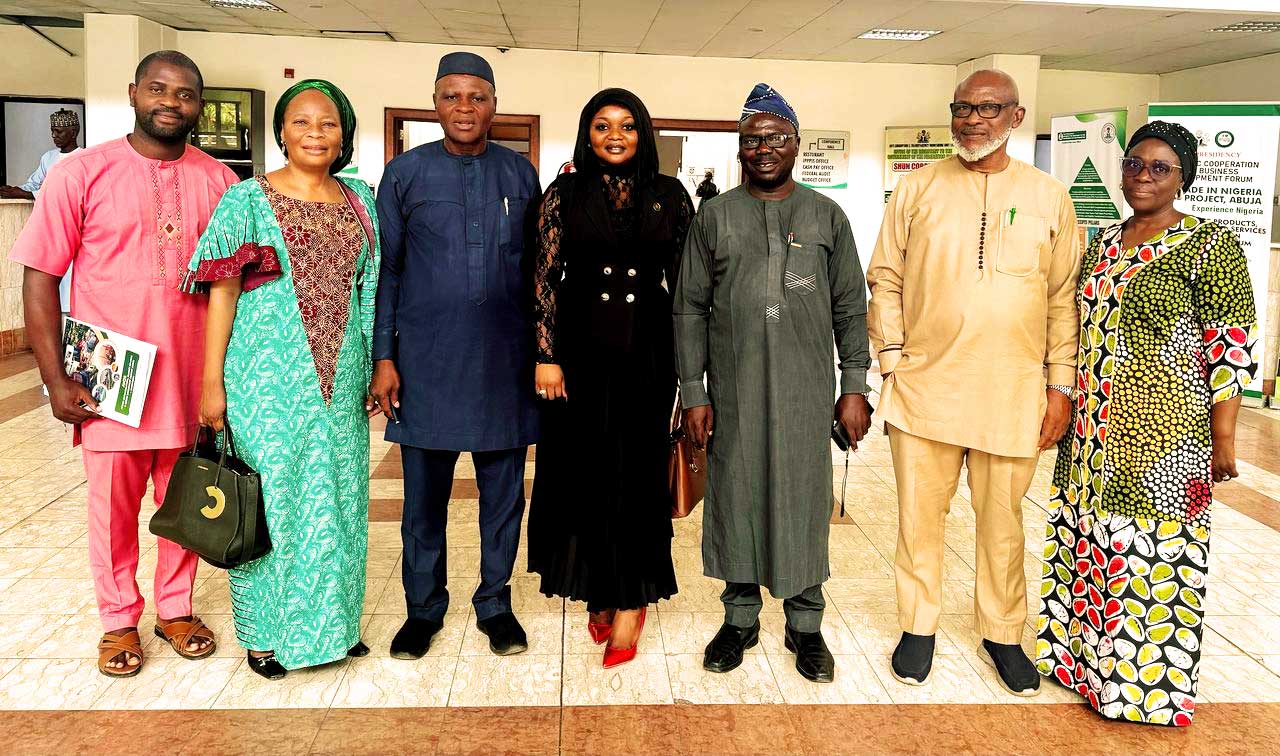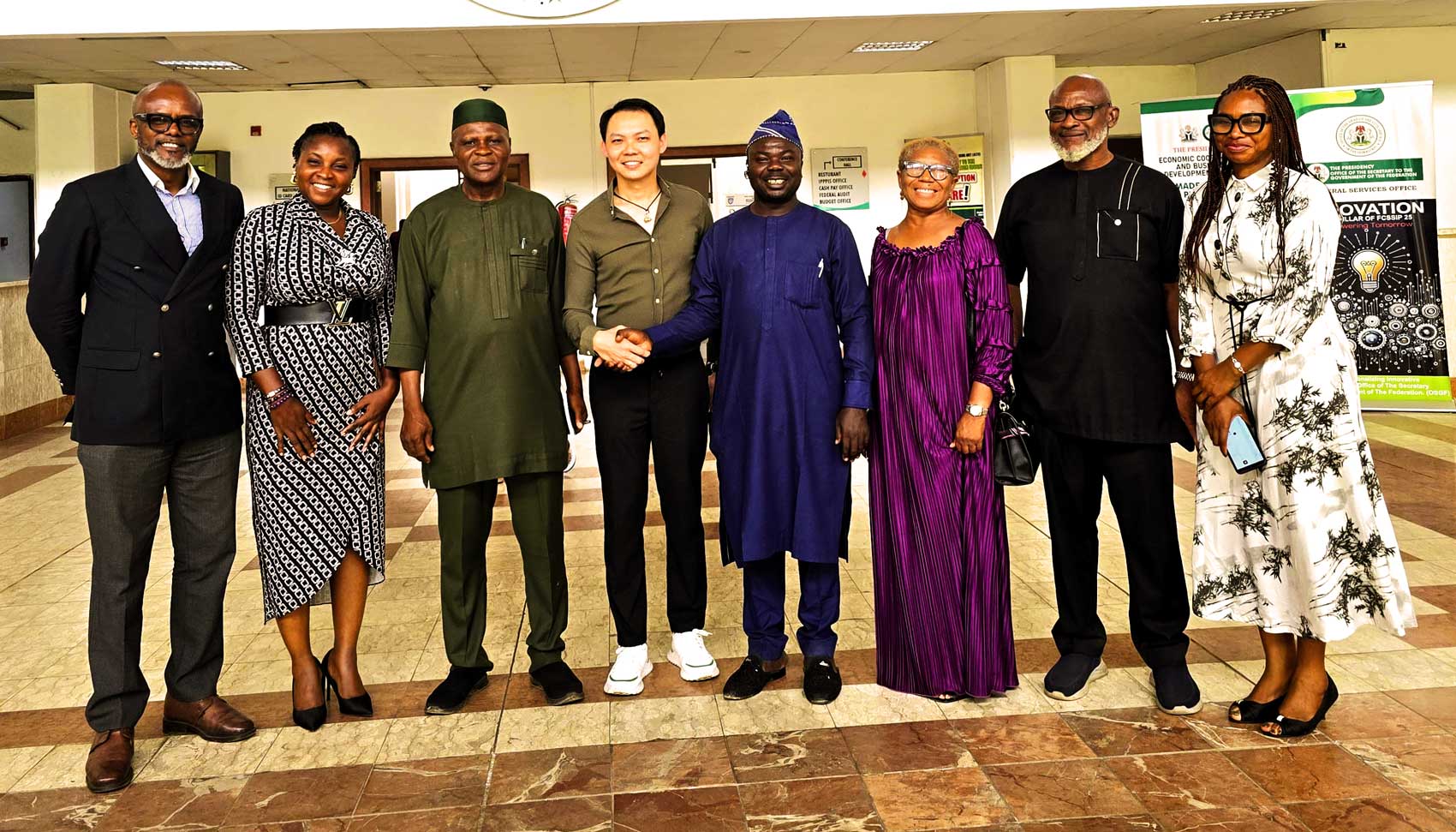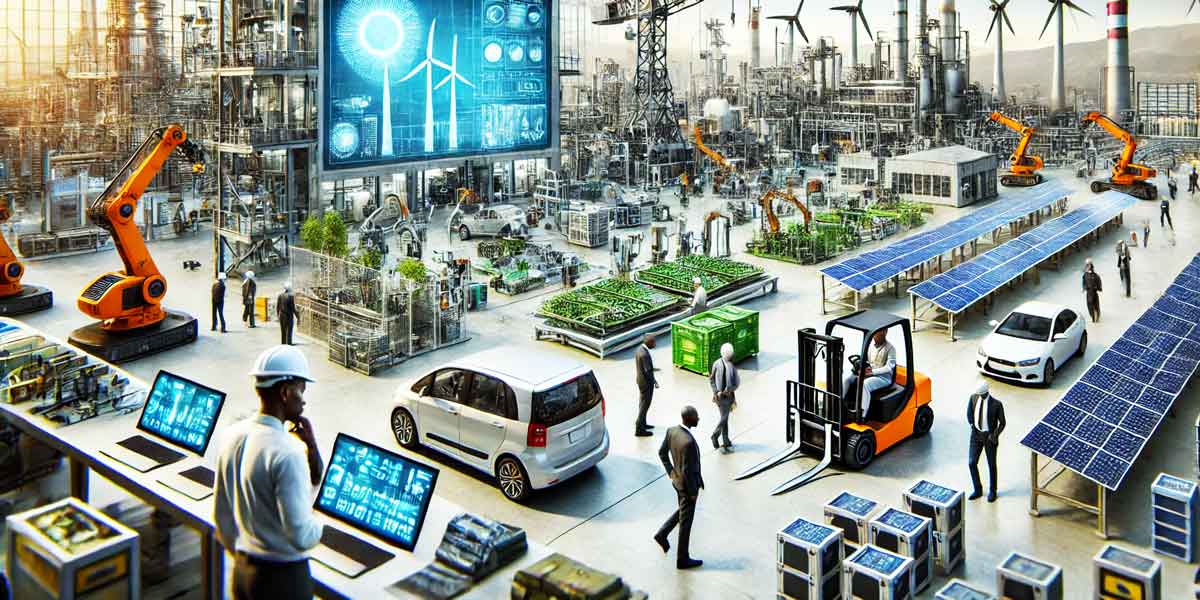Africa is endowed with vast natural resources, from precious minerals to industrial metals, which form the backbone of the global supply chain. However, traditional mining practices often come with significant environmental degradation, social disruption, and unsustainable resource extraction. As the world intensifies its pursuit of sustainable development, the need for clean mining practices in Africa has never been more pressing. The Africa Multilateral Infrastructure, Climate Change, and Green Investment Summit AICIS 2025 provides a unique platform for stakeholders to discuss, innovate, and implement strategies that can transform the mining industry into a sustainable engine for economic growth.
1. The Challenge of Conventional Mining in Africa
Conventional mining methods in Africa have historically contributed to environmental degradation, water contamination, soil erosion, and habitat loss. These practices often result in the emission of greenhouse gases and the accumulation of toxic waste, which not only damage ecosystems but also pose severe health risks to local communities. Moreover, the social implications—such as displacement of communities and labor exploitation—compound the environmental concerns.
The mining sector also faces challenges in terms of efficiency and sustainability. Inefficient extraction processes lead to the overuse of resources and increased waste, while a lack of modern technologies hinders efforts to minimize environmental impact. The need to shift from an extractive, linear economy to one that is circular and sustainable has become imperative for Africa’s long-term development.
2. The Concept of Clean Mining
Clean mining is an innovative approach that emphasizes sustainable practices throughout the mining lifecycle—from exploration and extraction to processing and rehabilitation. This approach focuses on reducing environmental impact, enhancing energy efficiency, and ensuring that the benefits of resource extraction are shared equitably with local communities.
Key principles of clean mining include:
- Resource Efficiency: Maximizing the extraction of valuable materials while minimizing waste.
- Environmental Stewardship: Implementing measures to protect water, soil, and biodiversity during and after mining operations.
- Social Responsibility: Engaging local communities and ensuring that mining activities contribute to regional development and job creation.
- Technological Integration: Utilizing advanced technologies to monitor, manage, and reduce the environmental footprint of mining activities.
3. Technological Innovations in Sustainable Resource Extraction
The advent of modern technologies is revolutionizing the mining sector. African mining companies are beginning to adopt digital tools and clean technologies that drive sustainability and efficiency. For instance:
- Automation and Robotics: Automated drilling, excavation, and material handling systems reduce the need for intensive manual labor, improving safety and reducing environmental impact.
- Real-Time Monitoring: IoT sensors and AI-driven analytics allow for continuous monitoring of environmental parameters, such as air and water quality, ensuring that any negative impacts are promptly addressed.
- Renewable Energy Integration: Mining operations powered by renewable energy sources, such as solar and wind, can significantly cut down on carbon emissions.
- Waste-to-Resource Technologies: Innovations in recycling and reprocessing technologies can transform mining waste into valuable secondary materials, contributing to a circular economy.
These technological advancements not only enhance operational efficiency but also pave the way for a more sustainable mining industry in Africa.
4. The Role of Policy and Investment in Clean Mining
A successful transition to clean mining in Africa hinges on robust policy frameworks and strategic investment. Governments must enact regulations that incentivize sustainable practices, enforce environmental standards, and support community development. Simultaneously, global investors are increasingly prioritizing Environmental, Social, and Governance (ESG) criteria, making clean mining projects attractive for long-term capital allocation.
At AICIS 2025, discussions will focus on:
- Developing incentive programs and tax benefits for companies that adopt clean mining practices.
- Establishing public-private partnerships (PPPs) to finance the modernization of mining infrastructure.
- Encouraging international collaboration to share best practices and technology transfer.
- Mobilizing green investment funds specifically aimed at transforming Africa’s mining sector.
Africa’s future in the mining sector lies in its ability to innovate and adapt. By embracing clean mining practices, the continent can turn its natural resource wealth into a sustainable engine for growth while protecting its environment and empowering its people. The Africa Multilateral Infrastructure, Climate Change, and Green Investment Summit (AICIS 2025) is the perfect venue to drive this transformative agenda.
Stakeholders, including government officials, industry leaders, investors, and community advocates, are called upon to collaborate and invest in the technologies and policies that will define the next era of sustainable mining. Join us at AICIS 2025 to be part of a groundbreaking movement that will ensure Africa’s mining industry is not only a source of economic prosperity but also a model of environmental and social responsibility.
#AICIS2025 #CleanMining #SustainableMining #GreenInvestment #CircularEconomy #ClimateAction #ESG #AfricanInnovation #ResourceEfficiency #SustainableDevelopment
